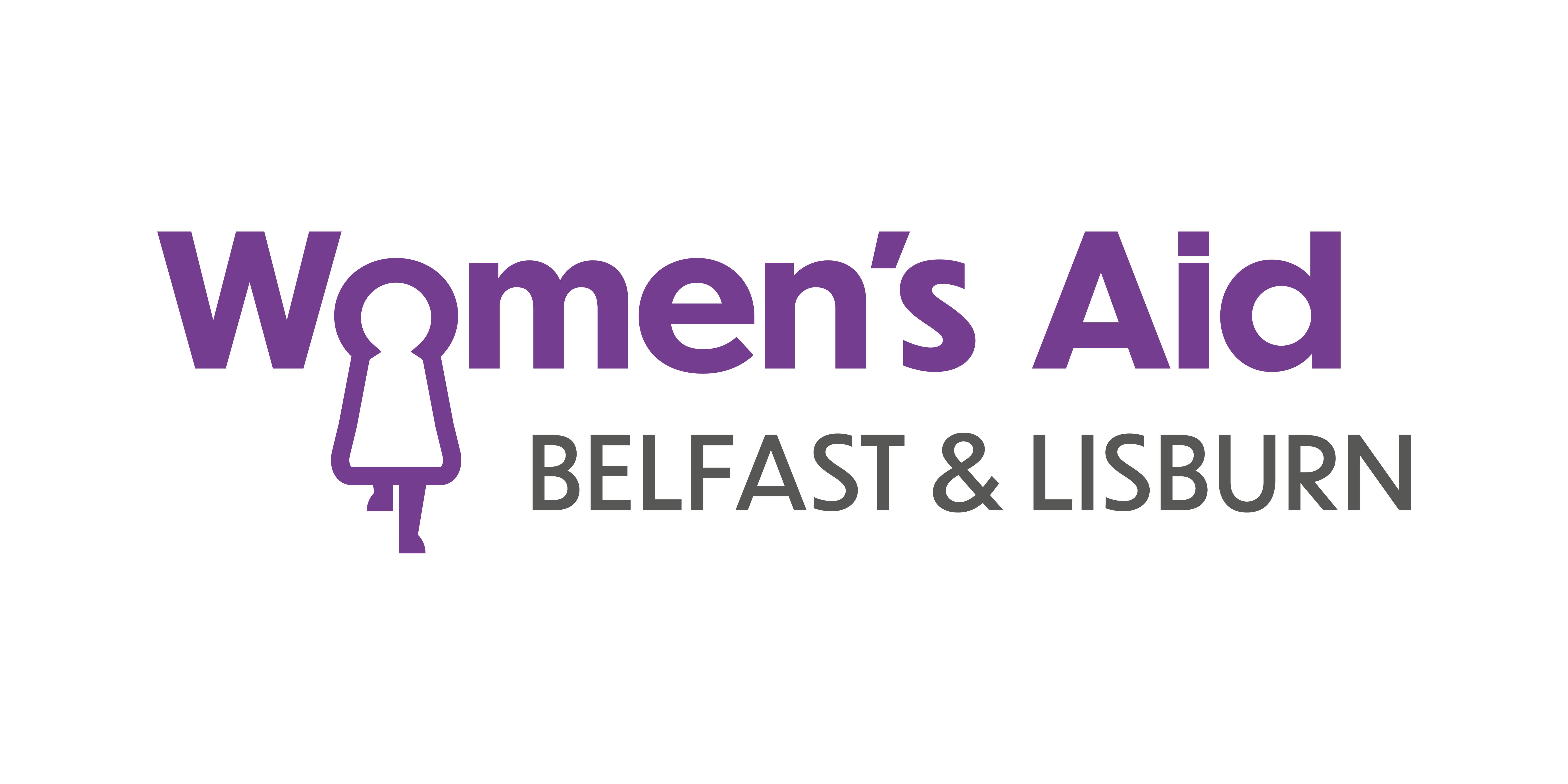From January 2021 until December 2021 there were a total of 20,827 domestic abuse crimes recorded by the Police Service of Northern Ireland throughout the whole of Northern Ireland, this was a total increase of around 9% compared to previous years.
In Belfast City alone, there were a total of 13,773 incidents and crimes recorded during this time period, in relation to domestic abuse and violence. (Domestic Abuse Incidents and Crimes Recorded by the Police in Northern Ireland Update to 31st December 2021, 2022). However, it is important to note that this does not include those that went unreported to the police, as on average it has been reported that women are assaulted around 35 times before they seek help.
Another staggering statistic is that where there is an incident of domestic abuse in 90% of these cases there is a child in the room just next door. Since the Covid pandemic, which led to people having to mostly spend time in their homes where they should feel safe and at ease, 12 women in Northern Ireland have lost their lives to domestic abuse.
These statistics are why IRIS is such an important social enterprise and why awareness needs to be raised for the services that it can provide to general practitioner groups in terms of domestic abuse.
What is IRIS?
IRIS is a Social Enterprise that is currently working in collaboration with Belfast & Lisburn Women’s Aid. Their main aim is to provide training, support and a referral process to general practice teams. The organisation itself was established in 2017. More can be read about IRIS here.
What is their mission as a social enterprise?
They are striving to make an improvement to the response that healthcare is currently giving to gender-based violence and they plan to do this through working with the services, in this case general practitioners, and providing them with training. They also provide an advocate to whom GPs can refer patients, given the patient has provided their consent in a situation where they are experiencing domestic abuse.


What does IRIS do?
IRIS provides training to general practitioner groups. There are two sessions provided which are between six and eight weeks apart, and there is a separate one-hour long session for administration and reception staff within GP surgeries. This training is completed by the advocate that is provided to the GP service through IRIS. These sessions look at a range of things from theories behind domestic abuse, power and control and what signs someone may be presenting with that could be a sign that they are experiencing domestic abuse.
The outcome of this training is that GPs will feel more prepared and confident in identifying those patients that they encounter that may be experiencing domestic abuse.
In terms of the advocate, this person is provided to the GP service so that when the GPs have a patient that they suspect is experiencing domestic abuse, they can refer them to the advocate with the patient’s consent, so that they can then provide further support for the patient in question.
This is a benefit of IRIS as the advocate being in place allows for a needs assessment to be completed and for people who are experiencing domestic abuse to be provided with further support and to be placed in contact with the correct people and/or services in terms of their individual situation. This also helps take the pressure of GPs, allowing them to refer them to an advocate to be provided with further support, specifically to do with the abuse they are suffering.
A Day in the Life of an IRIS Advocate Educator…
Recently we spoke to Kimberley, the IRIS Advocate Educator based with us Belfast & Lisburn Women’s Aid, about her role.
How long have you worked in your role?
I have worked in the role since June 2021.
What did you do before working at Belfast & Lisburn Women’s Aid?
I was working overseas as an internal trainer for a telehealth counselling team, that supported people experiencing Domestic Violence, Sexual Assault, Anxiety and Depression.
What made you want to work for Women’s Aid/IRIS?
Having a background in counselling I am very passionate about supporting vulnerable people. I have always had a particular passion for working with and empowering women who have experienced Domestic violence or Sexual assault. My role as an IRIS trainer enables me to raise awareness and to educate the wider community and medical professionals around the prevalence, support options and necessary support for those who have experienced Domestic violence or sexual assault.
What might a typical day at work look like for you?
My day can vary depending on the referrals I receive from the GPs, this can include emotional, practical support or in cases of risk liaising with Women’s Aid for refuge support. Most of my time is spent supporting men and women affected by domestic or sexual abuse, this can be done via the phone or face to face in the GP surgery. I may also have IRIS training scheduled for a surgery, attending team meetings in surgeries, answering support calls from medical professionals or attending meetings with Women’s Aid or the Department of Health.
What do you enjoy most about your job?
The aspect of my role I enjoy the most is providing support, empowering and educating men and women about their options and services available to them in relation to domestic violence and sexual assault. To support someone to keep safe or to make a positive change in their life and journey is a major privilege of my role.
What advice would you give to someone who is interested in working in a similar role to yours?
Although the role and work have its challenges, to know that you have made a difference in someone’s safety and quality of life is a privilege. If you are passionate about creating awareness of the impact and prevalence of domestic violence and sexual assault in Northern Ireland and to provide a helping hand to someone who may be at their lowest point, is as positive an experience for me as a worker as hopefully it is for the men and women I am supporting. If you are interested in this line of work, I would strongly advise to volunteer with a local Women’s Aid, the knowledge and support of the staff is outstanding, and you will learn so much from them and the women we support.
Testimonials
Testimonials for the success of IRIS can be found here.
Contact information for Kimberley, our IRIS Advocate Educator
If you are a GP or work in a GP surgery and would like to know more about how the IRIS Project could help you, you can contact Kimberley on 028 9066 6049 or send her an email directly kimberley.mccurry@belfastwomensaid.org.uk
This piece is a guest blog from Chloe Clarke, a Counselling Studies and Health Communication Master’s student from Ulster University.
Show all posts
